At a joint press briefing with his Equatorial Guinean counterpart, Simeón Oyono Esono Angue, Hungarian Foreign Minister Peter Szijjarto highlighted that Christianity and the Catholic faith are key points of connection between the two countries, providing a strong foundation for building cooperation. Mr. Szijjarto emphasized that this was the first time a Hungarian foreign minister has visited Equatorial Guinea, adding that the relationship between the two countries dates back some time, as one of Hungary’s most beloved saints, Saint Elizabeth of the House of Arpad, is the patron saint of the Central African nation’s capital.
Hungary's foreign minister emphasized that Christianity, the Catholic faith, and the leadership role of the Catholic Church serve as a common bond between the two nations, forming a solid basis for cooperation.
It is an honor to be here, in the African country with the highest proportion of Catholics on the continent,
– he said, adding that his Equatorial Guinean colleague had approached him about two weeks ago at the United Nations General Assembly, and that was when they decided to build a partnership between the two nations. FM Szijjarto pointed out that the world is currently living in an era of threats, noting the war in Ukraine and illegal migration as security challenges that make this new cooperation particularly significant.
Hungary and Equatorial Guinea both belong to the global pro-peace majority, as we - the pro-peace camp - commend an overwhelming majority, globally. Despite what the liberal mainstream media in Europe tries to suggest, the fact is that if we look beyond Europe or the transatlantic world - here, for example, in Africa - it is evident that we, in the pro-peace camp, are the majority,
– he explained.
– Both countries believe that wars cannot be resolved on the battlefield: the only solution lies at the negotiating table, and supplying weapons will not solve the problem, it only increases the risk of escalation and leads to a rise in the number of dead," Mr. Szijjarto added. He also pointed out that Africa is on the brink of a big population boom, therefore a comprehensive development strategy is essential. Without such a strategy, he argued, two scenarios are likely: either one of the most severe humanitarian crises in history will unfold in Africa, or Europe will face the most intense migration pressure it has ever experienced.
We want to avoid both, and we are committed to doing our part in addressing these challenges,
– he stressed.
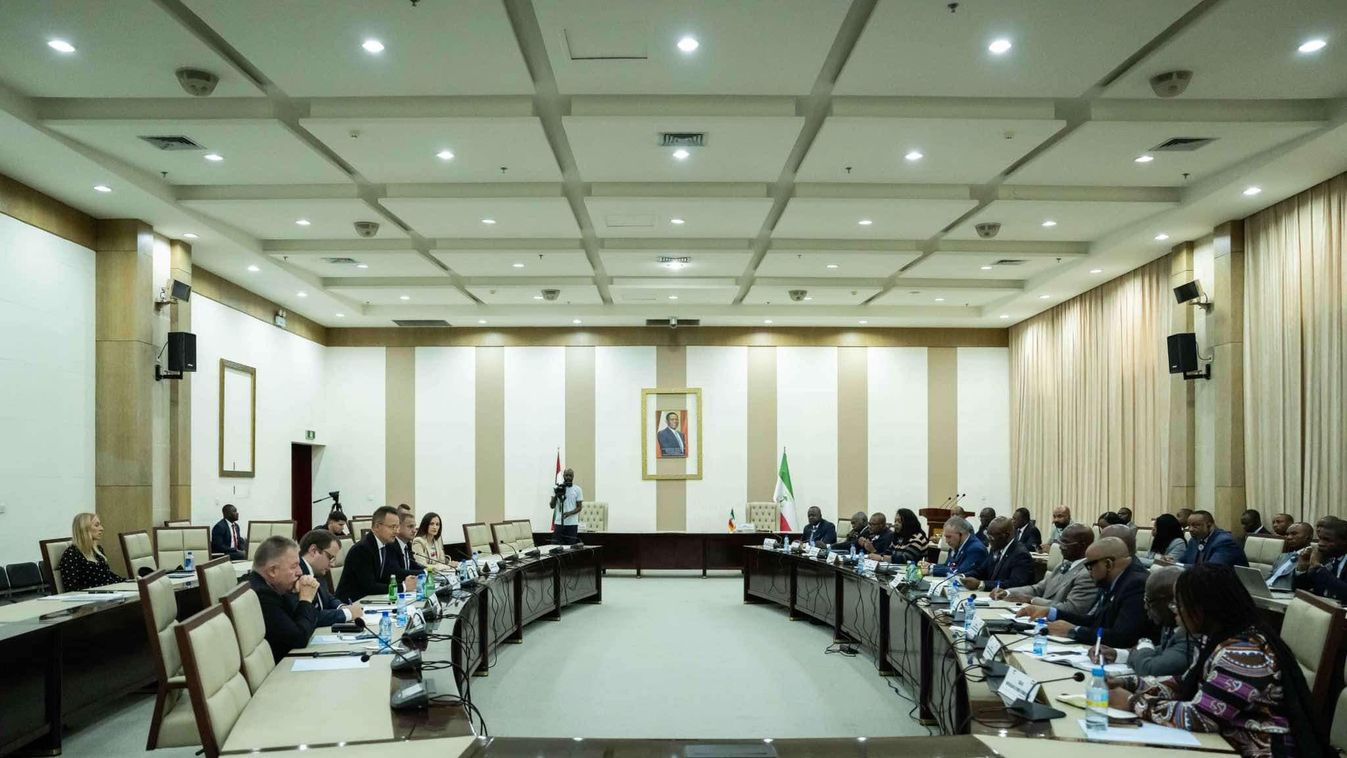
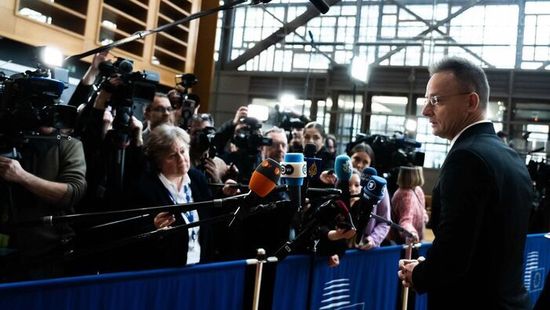
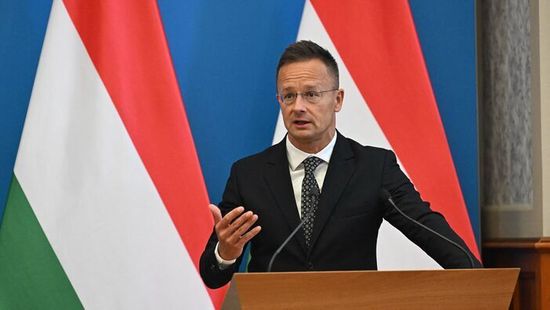

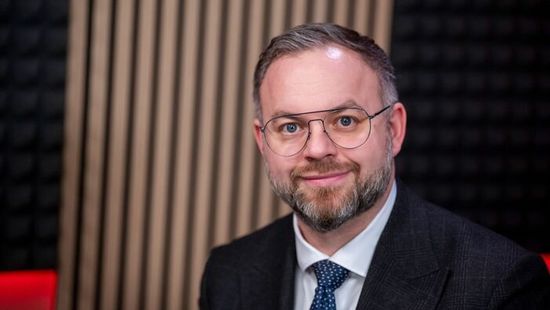

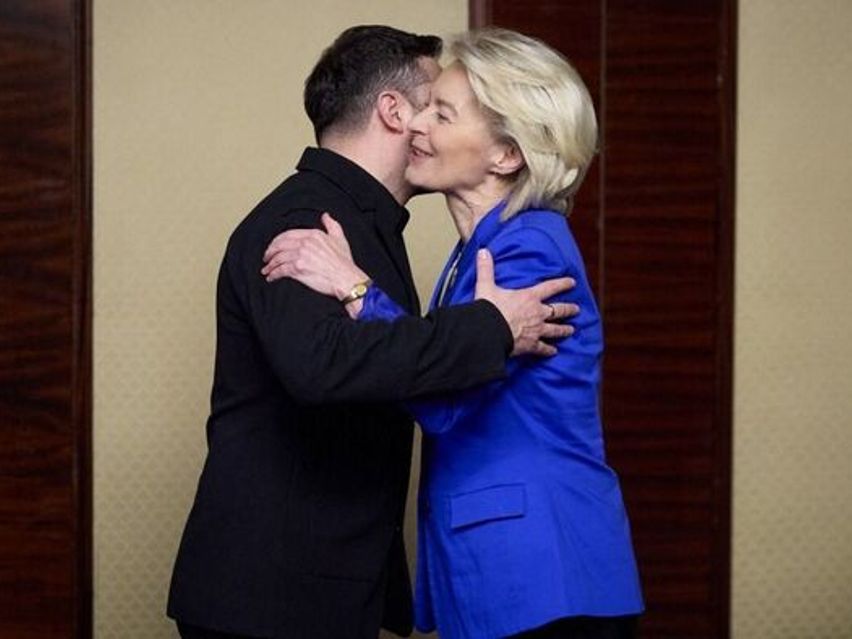
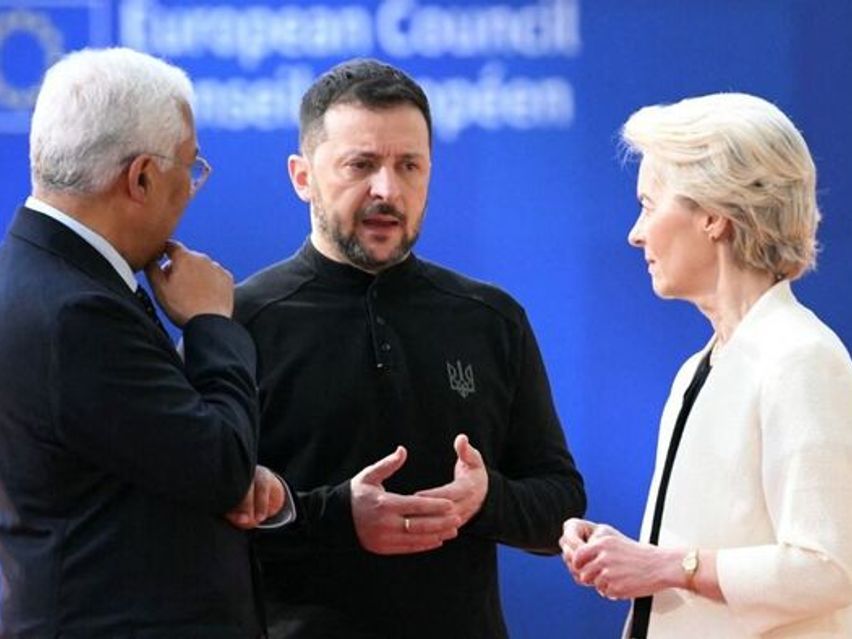
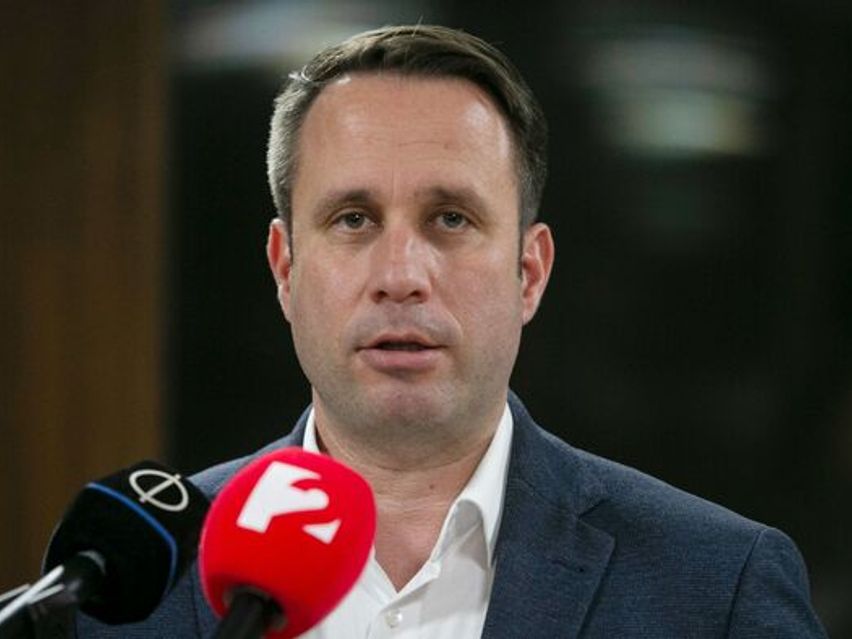
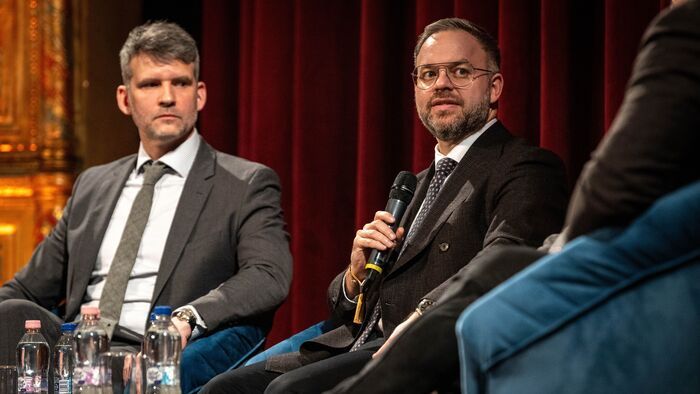

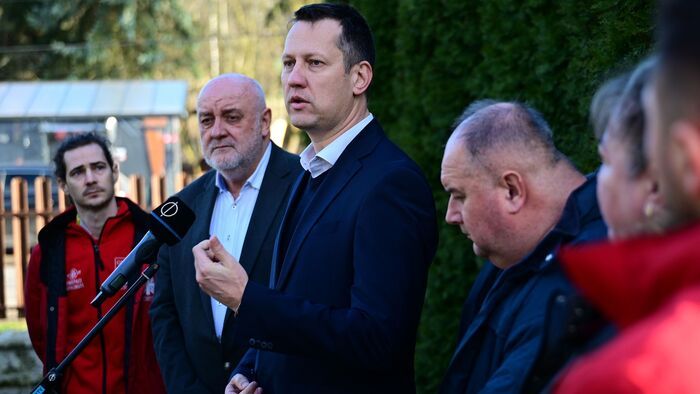
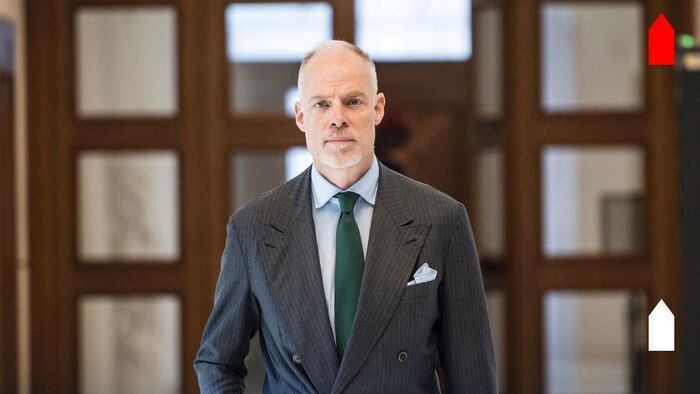


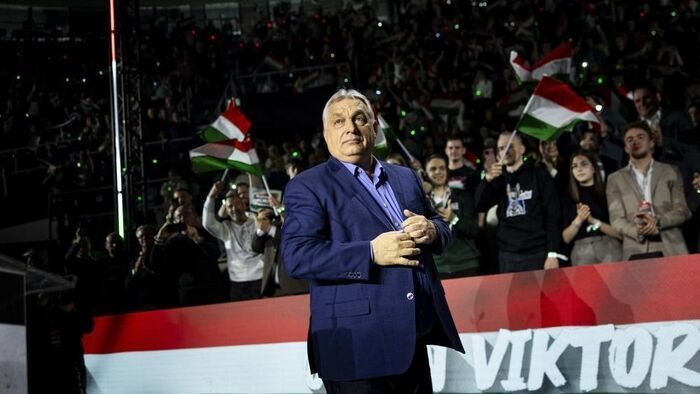
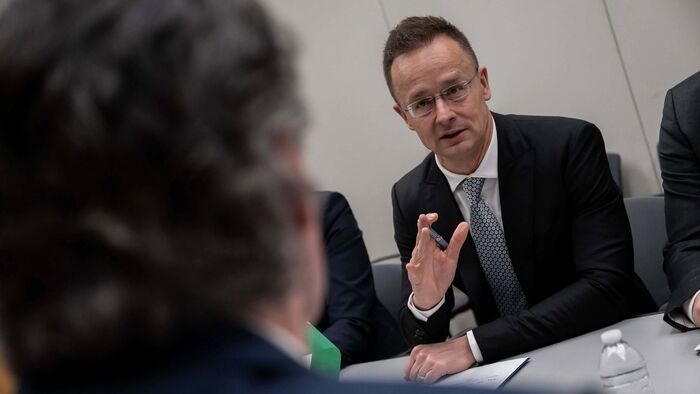
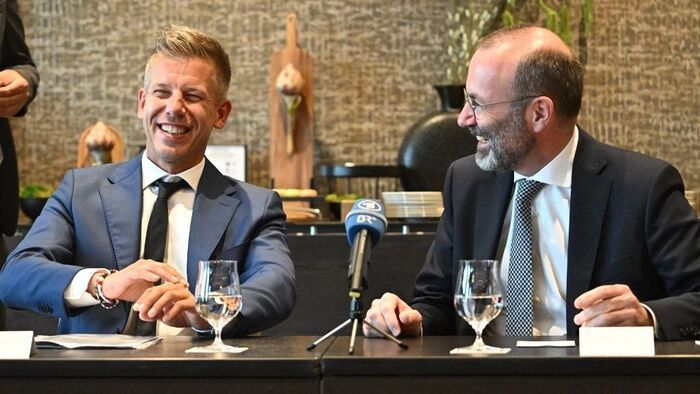



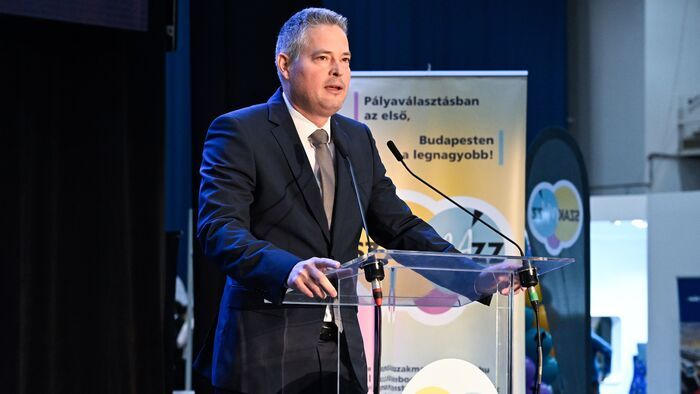

Szóljon hozzá!
Jelenleg csak a hozzászólások egy kis részét látja. Hozzászóláshoz és a további kommentek megtekintéséhez lépjen be, vagy regisztráljon!